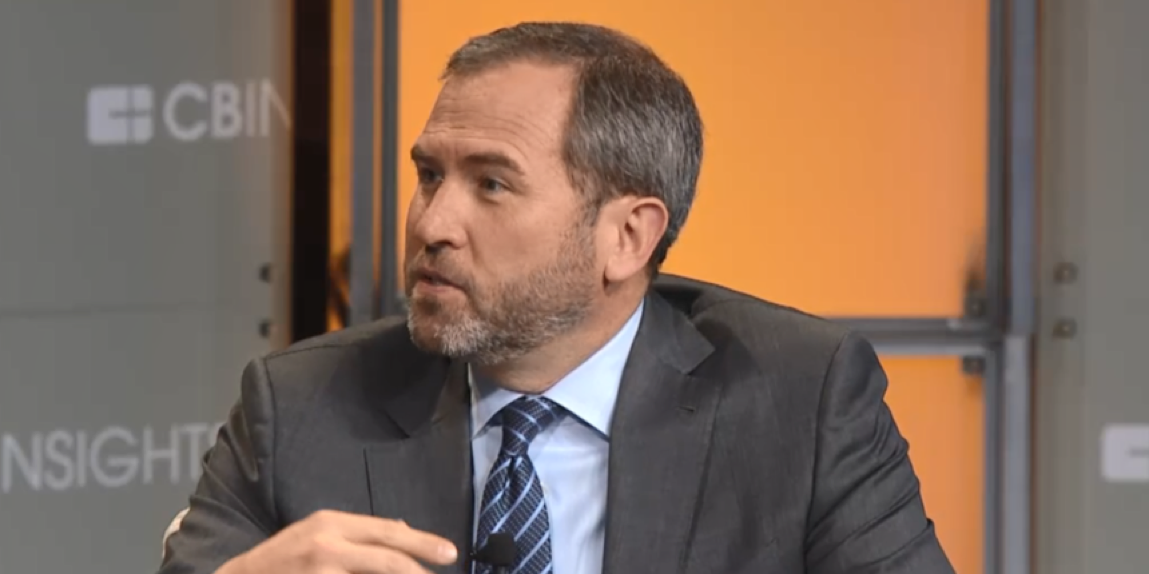Monday will unfold a new episode of the long-running and strictly observed lawsuit against the California-based company, Ripple.
Bradly Sostack, the petitioner, is given until the 20th of September to respond to the startup’s motion to dismiss. But if Sostack refuses to dismiss it, this lawsuit may continue and proceed until next year.
This dispute raised a few questions about the operation of Ripple. First, whether or not the Ripple’s XR is selling its funds. Second, if the XRP should be a security, as claimed by Sostack, that requires registration under the law of the United States. Lastly, if, according to the petitioner’s complaint, Ripple is putting the company at risk of the enforcement actions with regards to its violation of the law.
Legal experts stated that this case would not solve the problem any sooner.
A partner at FisherBroyles, Rebecca Rettig, says that no one knows if the XRP will be declared security in the future, especially in the proceedings of the lawsuit against the Ripple that is happening right now.
When observed closely, Ripple didn’t answer nor address the issue when they filed their motion last time. The company just said that the petitioner, Sostack, failed to complain on time. And he’s not giving any appropriate demonstration or evidence that he has bought the alleged amount of XRP on its initial sale or from the company per se.
And it is not necessary for Ripple to answer this question to win the case, so there’s a slim chance of getting the answers anytime soon.
A partner at Anderson Kill, Stephen Palley, said that the defense team succeeded in creating a solid motion.
He continued by praising the defense lawyers in the motions presented so far for the case. Palley said that the attorneys have excellent strategic skills, and there is a chance that they would win the case. However, there are still lots of things that could possibly happen during the upcoming proceedings.
The general counsel of Ripple remained silent when requested for a comment pertinent to this article.

Refuting Without Evidence
The footnote of Ripple’s motion to dismiss somehow answered the question if XRP is a security or not. There was no further elaboration of the issue.
A lawyer based in Florida, Paul Godfrey, said that the company had issued a legal conclusion and a statement in the introduction of their motion. Ripple states that the core of Sostack’s complaint is its false accusation that XRP is a security, instead of a currency.
Godfrey, who stated beforehand that he has no litigations in federal court and does not specialize in securities law, either said that the big question of whether XRP is a security per se is considered as a legal conclusion. Ripple already have their conclusion, but it does not argue with the fact.
He continued by saying that Ripple is not making any progress with the argument by denying that XRP is a security. The question was addressed, touched, but it was never reasoned.
On the other hand, Rettig said that if they try to reason that XRP is not a security, it would be too risky for the defense team. Should they raise this argument in the court, it would cost them a fact-intensive analysis to present even if the XRP buyers know beforehand that Ripple is not considered as an investment contract.
Ripple can still prevent having to argue at this point by concentrating on its straight to the point legal defenses.
According to him, if Ripple does not need to do a fact-intensive analysis because of their independent grounds for dismissal, then there shouldn’t be any need to.
Furthermore, the statement of Ripple saying that XRP is a currency and not a security is not strong of an argument.
According to them, buying the XRP will not lead investment to the company. This is because of the ack of a joint enterprise of Ripple and its buyers. And they are aware that there was no promise from the Ripple per se that it would help its buyers to profit from the XRP that they have purchased. In addition to this, XRP Ledger is also decentralized.
Pally states that under the securities law, a token can be both an investment contract and a currency.
The Federal Departments of Treasury and Justice have stated that XRP is considered as a ‘convertible virtual currency.’
Depending on the purpose, the XRP can be both a security and a currency. The framework application is not limited to one purpose only.
The petitioner Sostack’s consumer protection under the state law of California is dejected due to the securities claim required by the statutes. Also, the plaintiff bought the XRP through a secondary market exchange and is considered as part of the general public.
He used the pending lawsuit of the US Securities and Exchange Commission against the Kik Interactive, a company known for its affiliation of the kin cryptocurrency as a backup of his statement.
In the court, Kik has claimed that kin cannot be a security when it is considered a currency. To which the SEC has vehemently opposed to.
Defense Strategies
Rettig has expressed his impression of Ripple using the “statute of repose” in their argument – indicating that it is too late for the petitioner to file such lawsuit in the court – and said that this argument had led to many successes of other cases before.
The statute of repose refers to the span of time that starts where the petitioner is still allowed to file a lawsuit against a company, complaining of any of its illegal doing. It is different from the statute of limitations, where the time starts after the victim discovers the wrongdoing, according to law professor Peter Henning in a column by the New York Times.
Rettig also said that this argument of the statute of repose had been a success key in other cases, offering guidance that the defendant could use later on.
The filing from Ripple states that Sostack may be a part of the general public that had purchased the XRP through secondary market transactions in January 2018.
It can also be observed that the petitioner had cited multiple websites and other social media platforms when he first filed the case.
As a result, the defense team can use all the information on the websites and other social media platforms that the petitioner had mentioned in his complaint.
Godfrey agreed by saying that it was a smart move of Ripple, to use the petitioner’s own facts in backfiring him.
They concluded their filing by saying that the petitioner, Sostack, should be dismissed with prejudice. It just means that in the future, the petitioner is no longer allowed to file the same lawsuit against the Ripple.
What’s Next?
It is not the first time that Ripple has faced a lawsuit against them, stating that the company has violated the securities laws by selling their XRP to fund the operations.
The first case was filed last 2018. This year-long case had caught the attention of blockchain industry lawyers when it was stated that Ripple is allegedly selling their XRP and using the funds for their operations.
Now, in the filing that is expected on Monday by the petitioner, there are different ways in which he can progress the case.
Rettig states that the petitioner can relate to other cases filed to the Ripple before. Or he can make use of the continuing sale theory.
Godfrey also stated that the process would also help to confirm if the petitioner really bought their XRP from Ripple or not.
He said that if he’s the attorney representing the petitioner, he will concentrate on the wonders the modern technology can offer, in determining whether the petitioner has bought the XRP from Ripple or not. Unlike past cases where it is hard to decide on if they purchased from the company, today’s technology will allow them to do so.
The secondary market transactions founded some of the claims, and because of that, there could be no relationship between the Ripple and the petitioner with regards to his XRP purchase.
Godfrey stated that the Interledger protocol and the XRP would also allow them to trace every transaction that has been made before.
The Vicious Cycle
Palley said that even if Ripple had managed to win this case at present, it would remain a primary target for upcoming lawsuits in the future because of its unchanged system.
It is a fact that multiple crypto companies are hard to sue because it lacks money. But in Ripple, with its booming business and its XRP holdings, it will never be an issue.
This is similar to tobacco companies and the industry that they belong to. Once someone files a case against them, it is crucial to win it in the court no matter what. Even if it’s just a single case they lost, others will take the opportunity of that loss to file lawsuits as well.
Palley said that winning this case will never give them the guarantee that no one can sue them for securities laws violations in the future.
Based on the present hearing, Palley said that the claim of the petitioner is only limited to the argument that states the Ripple failed to register here. There is a possibility of fraud and other security law claims.
With the flow of the hearing today, Rettig said that this is going to take a long time. Other blockchain industry lawyers will be watching this case intently until it ends.
Since the proceedings hinted no settlement talks occurring in the future, this case may take longer, proceed to the jury trial, and can reach up to next year.

